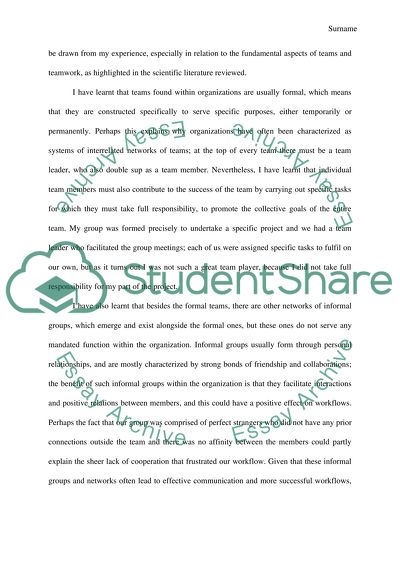Cite this document
(“Organizational Behavior Essay Example | Topics and Well Written Essays - 1500 words - 2”, n.d.)
Retrieved from https://studentshare.org/social-science/1701182-organizational-behavior
Retrieved from https://studentshare.org/social-science/1701182-organizational-behavior
(Organizational Behavior Essay Example | Topics and Well Written Essays - 1500 Words - 2)
https://studentshare.org/social-science/1701182-organizational-behavior.
https://studentshare.org/social-science/1701182-organizational-behavior.
“Organizational Behavior Essay Example | Topics and Well Written Essays - 1500 Words - 2”, n.d. https://studentshare.org/social-science/1701182-organizational-behavior.


